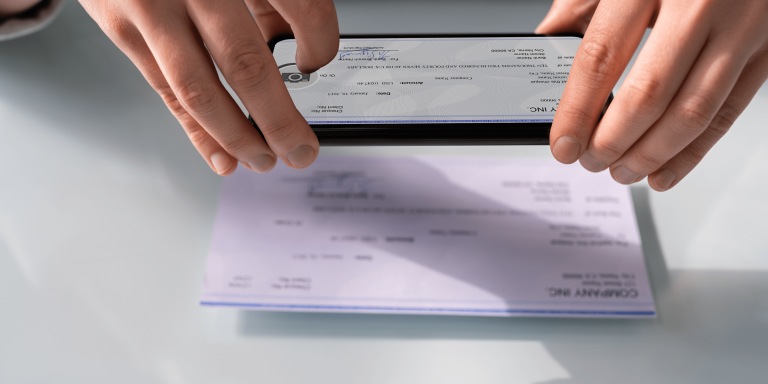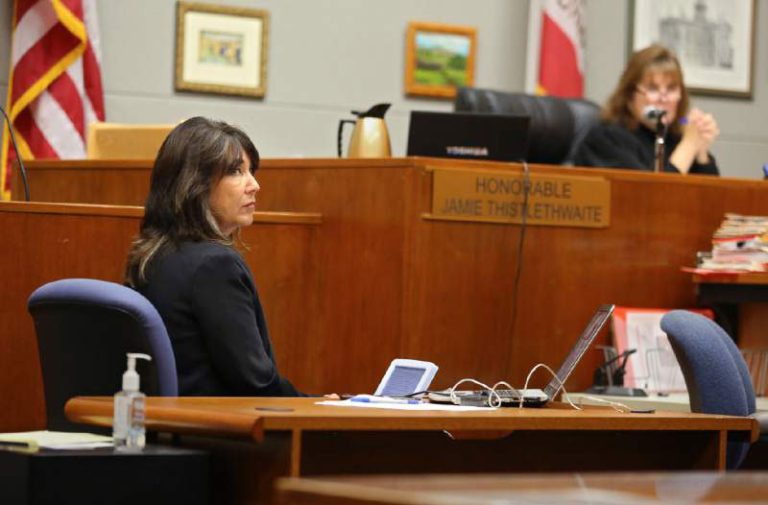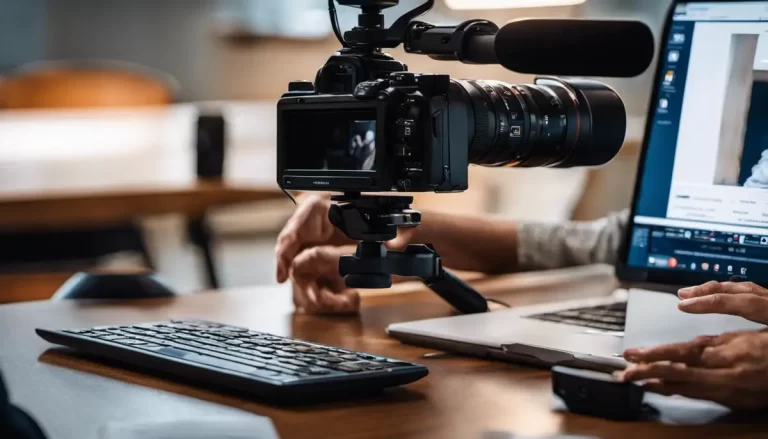Setting up a deposition can be a difficult and even confusing procedure. There are a number of things to take into account when conducting a deposition, whether it be in person or virtually. Each of these things requires careful planning and execution. In the realm of legal processes, accuracy is paramount. So let’s get into the specifics of setting up a deposition and look at seven useful hints that will help you go through the procedure easily.
Make a plan first, then make additional plans
Thorough planning is essential before starting the process of setting up a deposition. Ascertaining the day and time of the deposition and making sure all parties are able to attend are the initial steps. Consider scheduling problems that may arise due to holidays, vacations, or other commitments in the past.
If participants in a remote deposition are spread out across different time zones, it is imperative to take this into account as well. Finding a time that works for everyone is crucial because a remote deposition may bring people together from different places.

Choosing the Proper Site
The venue of an in-person deposition is crucial. To ensure a seamless deposition process, pick a location that is convenient for all parties and has enough room, amenities, and technology. Comfort and accessibility are important things to think about.
The location becomes digital in the case of remote depositions. Ensure that each participant has access to the proper video conferencing software and a dependable internet connection. To prevent any last-minute hiccups, test the technology beforehand. The quality of the online meeting place has a major impact on how well a remote deposition goes.
Effective Interaction
Effective and transparent communication is crucial throughout the scheduling of depositions. Keep the lines of communication open with all parties involved, including the court reporters, witnesses, and attorneys. Distribute pertinent materials, records, and specifics of the deposition well in advance.
Give detailed directions on how to access the online conference and any necessary software in the event of a remote deposition. Make certain that everyone using the technology is accustomed to it and at ease with it. During the actual deposition, a pre-deposition briefing on the usage of virtual tools can save valuable time.
Details Make All the Difference
Be very specific about the details while arranging a deposition. Make a thorough deposition notice with all the pertinent details. Indicate the attendees’ names, the date, the time, the place (online or in person), and the reason for the deposition. Potential misconceptions are avoided by presenting this information in an understandable and straightforward manner.
Make sure that everyone has the required legal papers, resources, and evidence beforehand. Transcripts, exhibits, and any other pertinent documents that could be required during the deposition are included in this.
Adaptability and Backup Plans
Setting up a deposition is not always an easy procedure. Unexpected events can occur and cause delays or rescheduling. It’s critical to be adaptable and ready for these kinds of circumstances.
It’s possible for technical problems to come up during a remote deposition. A technical support staff on call can assist in quickly resolving these issues, guaranteeing that the proceedings are disrupted as little as possible. Similarly, in-person depositions may be delayed by inclement weather, heavy traffic, or other unanticipated circumstances. Putting backup plans in place can lessen the effects of these interruptions.

Verifications and Memoranda
Give ample notice for confirmation notices to facilitate a smooth deposition. All parties involved are reminded and assisted in confirming their availability for the designated date and time by means of these notices.
It is advisable to carry out a trial run of remote depositions prior to the scheduled deposition date. This can assist in locating and fixing any possible technological problems, guaranteeing a flawless deposition process. To make sure everyone is ready and informed of the schedule, send out reminders one or two days prior to the deposition.
Follow-Up After Depositions
Remember to follow up with the deposing party once the deposition is over. Make sure that all required transcripts, exhibits, and papers are gathered and sent out on time. Any unresolved questions or concerns that may have come up during the deposition should be followed up on. In order to guarantee that the deposition process is completed and that all legal procedures are followed, this post-deposition phase is equally as important as the pre-deposition planning.
In summary
Whether a deposition is held in person or virtually, scheduling one is a complex process that needs careful thought and attention to detail. It’s critical to have open lines of communication, to be adaptable, and to always be ready for the unexpected. These seven useful suggestions can help you handle the difficulties of deposition schedule with professionalism and assurance.
The ability to schedule a deposition is a crucial talent in the legal field, where timeliness and accuracy are crucial. These pointers might assist you in streamlining the procedure and guaranteeing a smooth deposition, regardless of your level of legal experience. Hence, regardless of the situation, your deposition scheduling will be successful if you keep these tips in mind: prepare ahead of time, communicate clearly, and pay close attention to the specifics.












